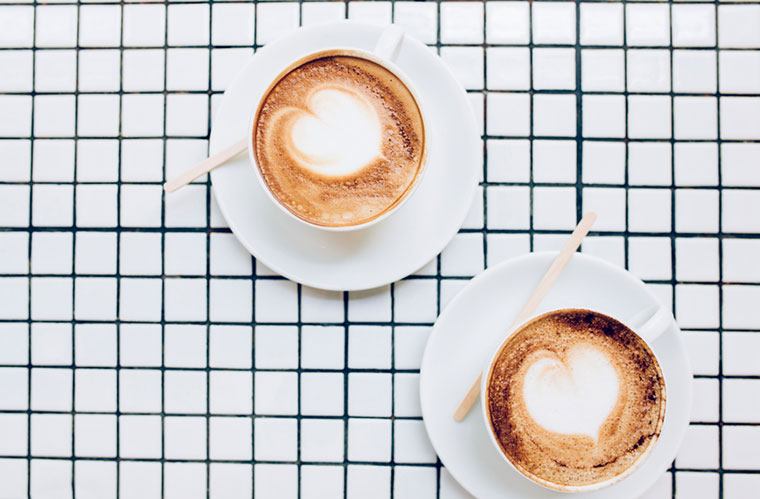What Happens to Your Body When You Stop Drinking Coffee?
When it comes to coffee consumption by country, Americans aren’t winning any prizes (top honors would go to the Finns, who drink a staggering 26 pounds per person per year!). But on a personal level, a regular coffee habit can feel hard to kick (even if you know caffeine isn't exactly good for you). But what if you woke up one morning and instead of making a beeline for the French press you just…didn’t partake?
“The psychological effect of giving up coffee lasts much longer than the actual physical effect of withdrawal."
“The psychological effect of giving up coffee lasts much longer than the actual physical effect of withdrawal,” says Michael Roizen, MD, chief wellness officer at the Cleveland Clinic.
But those physical effects are no joke. Exactly how your body reacts will be affected by everything from how much java you usually slam back to how vulnerable you are to headaches, Dr. Roizen says, but the effects of going cold turkey may linger for days. Here, he walks you through the typical timeline.
Keep reading for an hour-by-hour breakdown of what happens to your body when you give up caffeine.

Within hours
The most common side effect of disrupting your usual coffee fix? A caffeine-withdrawal headache, which hits 50 percent of people, according to a seminal Johns Hopkins study. If your head feels throbby, blame the adenosine receptors in your brain.

{{post.sponsorText}}
For those of you who skipped AP Bio (guilty), adenosine is a neuromodulator that slows brain activity down (meaning, it can make you sleepy). When you drink coffee, aaffeine will bind to the adenosine receptors instead, however, which is why your latte makes you feel alert. Then, when you cut down on caffeine, Dr. Roizen says, your receptors fire up in search of the missing chemical. More receptors trigger an increase in blood flow to the brain, “and that dilation of blood vessels makes your head hurt,” he says.
By midday
Cue the irritability and fatigue. Dr. Roizen explains that caffeine typically lasts in your body for about six hours. And the adenosine response is still in full swing, which delivers a one-two punch by midday: “It increases the theta-waves in your brain, which increases your desire to sleep,” he says. “And it also triggers a release of unopposed epinephrine and norepinephrine,” otherwise known as your body’s stress chemicals. So while you’re struggling to keep your eyes open at your desk, you’re also massively annoyed by your coworker’s loud gum-chewing two seats over. “It varies from person to person, but a little anxiety or irritability is normal," Dr. Roizen says.
That night
Caffeine is notorious for keeping people up at night, so you might think that forgoing your morning cup will have you sleeping like a baby. But that’s not true when you first kick the habit, say Dr. Roizen. Some people who are dependent on caffeine may have trouble sleeping through the night without any in their system—at least for a night or two. “You’ll see some coffee drinkers wake up in the middle of the night just to grab a drink and go back to sleep,” he says.
The next few days
Caffeine withdrawal actually peaks about two days after your last cup of coffee and can linger for as long as a week. As far as symptoms, it’s more of the same: headaches, fatigue, irritability and (more rarely) flu-like symptoms like nausea and achiness. “Everyone’s tolerance and body composition is different, but by about seven days, those adenosine receptors that were turned outward in search of caffeine begin to turn inward,” says Roizen. Indeed, the Johns Hopkins researchers found that all participants—even those who had suffered through the most severe withdrawal—were symptom free by the ninth day.
If you want to kick your habit without the headaches or irritability, experts recommend a gradual approach. That might mean walking your usual four-cup habit back by half a cup every few days, or swapping the strength for half-decaf. The longer you can stretch out the transition, the fewer symptoms you’re likely to experience. On the other hand, if you want to hold tight to your coffee habit, consider this consoling fact: Recent studies suggest that drinking coffee may increase your longevity. More coffee and more years to enjoy it? Yes, please.
If you're feeling the caffeine overload, here's how to reset your system. And here's more expert advice for initiating a caffeine detox.
Loading More Posts...